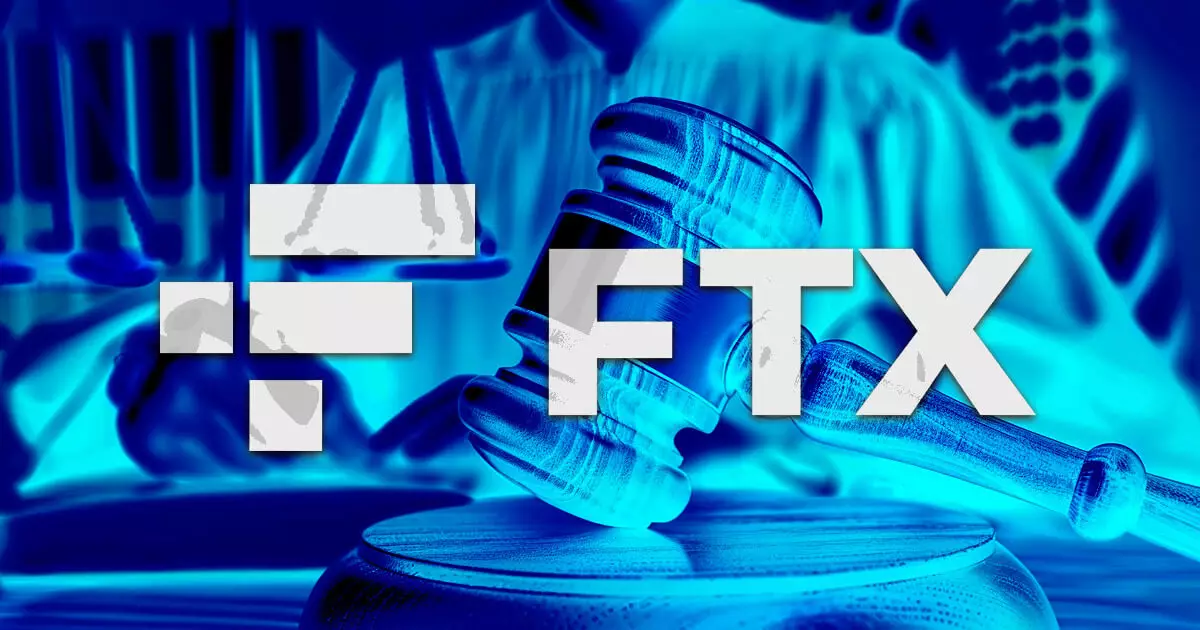The legal saga surrounding the collapse of FTX exchange took a new turn as sentencing dates for former executives Gary Wang and Nishad Singh were set for later this year. Wang, the former Chief Technology Officer and co-founder of FTX, is scheduled for sentencing on Nov. 30, while Singh, a former engineering director, will have his hearing on Oct. 30. The cases will be handled by Judge Lewis Kaplan in a New York court, the same judge who presided over the trial of convicted FTX CEO Sam Bankman-Fried.
Both Wang and Singh, who were close associates of Bankman-Fried, pleaded guilty to criminal charges following FTX’s collapse in November 2022. They cooperated with prosecutors and provided testimony that implicated Bankman-Fried in financial misconduct and misuse of funds. Wang admitted to specific privileges granted to Alameda Research on Bankman-Fried’s instructions, while Singh testified about Bankman-Fried’s extravagant spending habits.
Legal experts are predicting that Wang and Singh could face decades in prison for their involvement in the FTX scandal. However, their cooperation with authorities may lead to reduced sentences. This development comes on the heels of Ryan Salame, another key FTX figure, receiving a 7.5-year prison sentence for campaign finance violations and operating an unlicensed money-transmitting business. Despite his legal troubles, Salame has been active on social media platform X since his sentencing in May.
The fallout from the FTX scandal continues as Caroline Ellison, the former CEO of Alameda Research, awaits her sentencing. Ellison has pleaded guilty to federal charges and provided testimony against Sam Bankman-Fried during his trial. She confirmed that customer funds were used to finance Alameda’s activities and revealed that the Chinese government froze $1 billion of Alameda’s funds as part of a money laundering investigation.
The sentencing of former FTX executives and key figures in the aftermath of the exchange’s collapse underscores the far-reaching consequences of financial misconduct and misuse of funds in the cryptocurrency industry. As legal proceedings continue and more individuals are held accountable for their actions, the industry faces a reckoning with the need for greater transparency and compliance to prevent future scandals.

